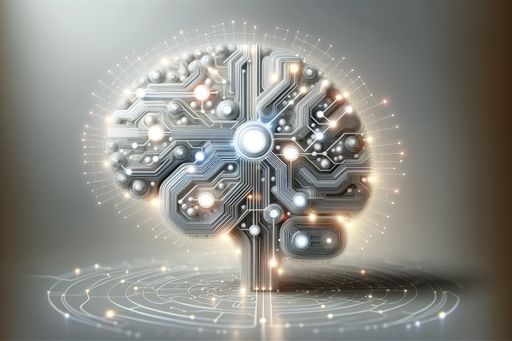Why the SAG-AFTRA contract might let AI kill voice acting
Actors union contract represents historic achievement, but some say it could open the door for AI incursion

Voice actors concerned about the impact of generative AI
Despite the historic agreement reached between SAG-AFTRA and Hollywood studios, some voice actors are worried about the potential consequences. One of the main concerns is the inclusion of generative artificial intelligence (AI) in the contract. Generative AI, which uses machine learning to create high-quality text, graphics, sounds, images, and videos, has already disrupted various art industries. However, voice actors believe it poses a special threat to their profession.
Voice actors, who create thousands of publicly available examples of their performances, are often targeted by generative AI. Cloned versions of their voices have been found on fan websites, and cloned voices of actors from popular shows like Spongebob have become popular in AI-based rap battles. This ease of creating artificial voice actors has raised concerns among voice actors, who fear being replaced by AI-driven technologies.
The new SAG-AFTRA contract could potentially worsen the situation for voice actors. Language in the contract allows movie studios to use generative AI in three categories: employment-based digital replicas, independently created digital replicas, and synthetic performers. Voice actors are particularly concerned about employment-based digital replicas, as studios could opt for AI-generated voices instead of hiring living, breathing voice actors.
Legal implications and loopholes in the contract
The SAG-AFTRA contract has raised legal concerns among entertainment lawyers. While the contract includes language that acknowledges the importance of human performance in motion pictures and requires studios to act in good faith, implementing and protecting these provisions remains a challenge. The consent of actors is required for creating digital likenesses, but there are loopholes. For example, consent is not needed for using generative AI to change the voice of the performer to a foreign language.
This poses a significant risk for voice actors involved in dubbing work. As translated media continues to grow in popularity, studios may rely on AI for voice dubbing, potentially replacing human voice actors. Translators have already faced a similar trend with the rise of computer-based machine translation, which often fails to consult language experts and end users. Voice actors fear that their avenue of work will be compromised if AI takes over dubbing roles.
While the current contract does not specifically address animated TV productions and video games, similar wording in future agreements could present additional challenges for voice actors. The fear is that as more acting roles are taken by AI, the effectiveness of future strikes may decrease, diminishing the ability of voice actors to advocate for their rights.
Looking toward the future
Voice actors are concerned about the potential impact of generative AI on their profession. Despite the historic achievements of the SAG-AFTRA contract, voice actors worry that AI could slowly replace them in the industry. The ease of creating artificial voice actors and the loopholes in the contract raise significant legal and career concerns.
The future of voice acting may become intertwined with AI technologies, posing challenges for voice actors to secure their roles and protect their rights. With the increasing use of generative AI in various art industries, it remains to be seen how voice actors will adapt and navigate the changing landscape of the entertainment industry.



